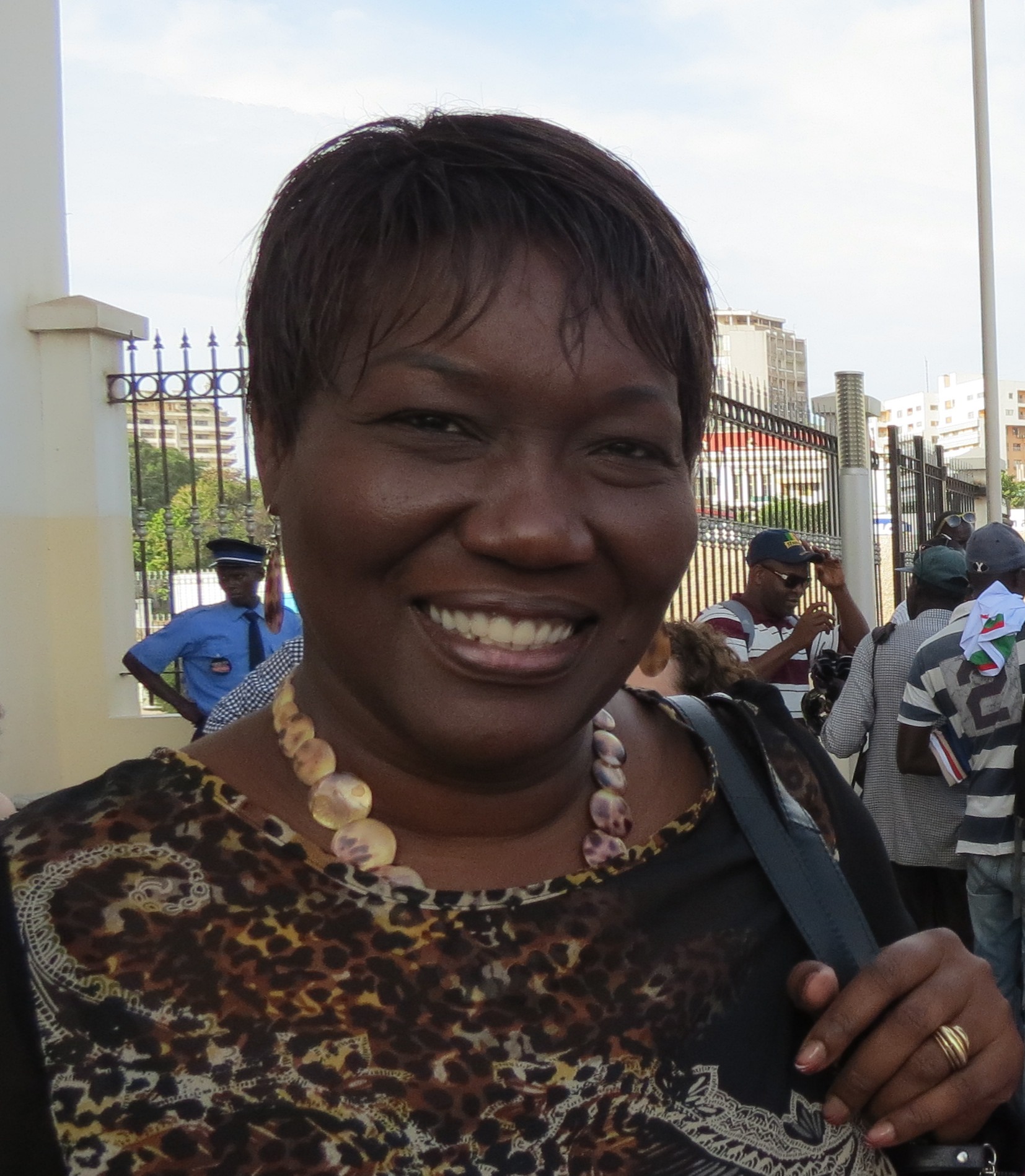

Working out of Root Capital’s hub in Dakar, Senegal, Mireille William oversees our Financial Advisory Services (FAS) program throughout West Africa.
Earlier this week, we had a chance to catch up with her about the experiences that brought her to Root Capital and her vision for FAS in West Africa.
Before joining Root Capital, you spent many years in finance and microfinance. How has that experience been complementary to what you’re doing now at Root Capital?
I worked for Citibank before entering the microfinance world with SEMFIN, a Senegalese microfinance institution, where I worked as CEO for five years. In a lot of ways, Root Capital has merged those two worlds for me. We serve the “missing middle” of rural finance, providing loans and, in my case, financial training, to enterprises that are too big for microfinance but too risky for the commercial banks.
When you work for a commercial bank, you’re concerned with profit; the more profit you make, the more successful the bank is. You don’t really see if the customer is happy and how a relationship is formed. In my portfolio, when I was working at the bank, not only did I have small and medium enterprises, institutions, and organizations, but I also worked with NGOs. When I spoke with them, I gained an understanding of what they were doing and liked it. I wanted to be in their field. Making my services available to people who really needed it was especially important to me.
What drew me to Root Capital and to FAS was my desire to provide knowledge through training. Root Capital gave me the opportunity to be happy and allowed me to keep doing what I was doing and be close to the rural population.
You just led our FAS training in Senegal. How did it go?
It was great. We had about 24 trainees — mainly prospective Shea butter, mango, cashew and fruit exporter clients — join the workshop. It was so obvious that they were really listening and there to learn.
In addition to the training itself, the workshop provided a nice opportunity for them to network. For example, one attendee shared his experience in online merchandising with the group. It was impressive to see so much collaboration in motion.
We are actively following up on some of the leads from the FAS workshop through field visits with the lending team. Some of the enterprises, after this training, were able to redefine their financial needs and adjust loan requests given that they are now better equipped with financial knowledge to make sound decisions. Most of them expressed their interest in follow-up trainings to sharpen their skills.
How do FAS and our financial workshops play into the lending role that Root Capital plays?
Our target markets in West Africa are full of managers with little to no financial management skills. So I think our advisory services are very critical to our lending practices because when you provide credit, you have to make sure that enterprises are handling the money well. FAS trainings equip businesses with required financial management skills. When we lend to FAS clients, we know that they have that foundation of knowledge. You want to make sure that the leaders and managers all know what their financials are and how to make decisions based on them. It helps them, and it helps us too, because when they know their finances, they know how to manage the money and we know that they can repay us. It’s a win-win.
In fact, when we made joint visits with the lending team to clients who had attended FAS workshops in Senegal and Ghana, they all said how beneficial the training was to them and how they have started applying the concepts they had learned. The intention here in Senegal and throughout all of Root Capital is to help businesses get ahead; the lending team and FAS are working hand-in-hand to make that happen.
What’s in store for FAS West Africa? What can we look forward to?
This year we are conducting workshops and customized, on-site trainings with prospective lending clients in Cote d’Ivoire, Burkina, Mali and Liberia. Some of those that we will train do not even have a history of using financial statements, but they have huge potential. And if we really help them strengthen, they can become good customers and better serve the farmers they represent. That’s why I want to reach as many enterprises as possible.
